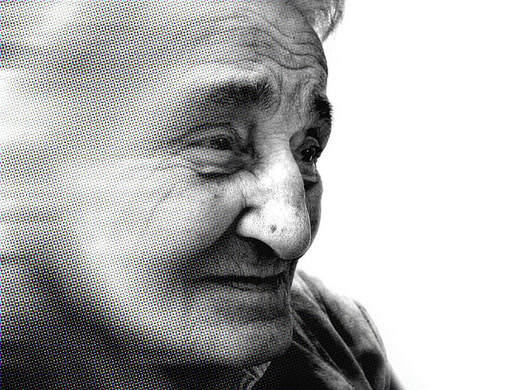|
Identifying dementia's signs and effects might be challenging. Your loved one may try to delay getting diagnosed when they first start showing symptoms, which can put their health and safety at risk. Regrettably, it's common for a loved one to begin disguising signs of dementia. Dementia is a term used to describe a decline in cognitive function, including memory, language, and problem-solving abilities. It is often a progressive condition caused by various factors, including Alzheimer's disease, stroke, and brain injury.
You may do a few things if you suspect a loved one is disguising indications of dementia. First, attempt to openly and honestly talk with your loved one about any changes in their behavior or cognitive function that you have noticed. People with dementia may become angry or offended if they believe they are being accused of anything. Therefore it is critical to approach the subject lovingly and non-confrontational manner. Including a senior healthcare professional, such as a doctor or nurse, may also benefit the talk. They can analyze your loved one's cognitive performance and advise you on the next steps. Why Do Older Individuals Deny Dementia Signs and Symptoms? There can be various reasons why your loved one might deny signs and symptoms of dementia. They may be unaware of the changes in their cognitive ability, or they may be terrified of losing their independence and the negative reputation associated with dementia. Because dementia can advance gradually, some people may not even be aware that they are suffering symptoms. It is critical to address the subject of dementia with sensitivity and to provide support and resources to help your loved one manage their condition. How Do You Recognize the Signs Your Loved One Might Be Hiding Dementia Symptoms? It might be challenging to identify the signs that a loved one is hiding dementia symptoms because dementia symptoms vary significantly from person to person and are not usually apparent at first. However, there are a few warning indicators that you should be aware of: Forgetting Significant Events and Holidays It's common to remember an appointment occasionally, but it is odd to consistently fail to remember significant events like birthdays, anniversaries, and holidays. Constantly forgetting the date or season is an early indicator of dementia. Disorientation With Time The inability to remember important dates like birthdays and anniversaries, or even more routine ones like weekly appointments, may be a clue that your loved one is having problems keeping track of time. It is an early indicator of dementia that your loved one may try to brush off. Refusing to Participate in Activities They Once Enjoyed Your loved one may have memory problems if they suddenly refuse to do something they used to enjoy doing. It could be because they need to remember the rules of the games they used to love playing or because they have forgotten the materials required to complete the activity. Please pay attention to how they react and inquire in a non-confrontational manner as to why they are avoiding participation. They Are No Longer Concerned With Their Looks How your loved one acts and looks will tell you everything you need to know—losing interest entirely, becoming depressed, or not caring about themselves altogether. For instance, your father may use phrases like "it's simpler" or "I don't have time" to justify his lack of personal hygiene, such as repeatedly skipping showers or frequently wearing the same dirty clothes. Signs of dementia often overlooked include a change in your loved one's appearance, cleanliness, or personality. How Can You Assist Your Loved One in the Early Stages of Dementia? Here are some things you may do to assist a loved one who is in the early stages of dementia:
It's crucial to remember that everyone's experience with dementia is unique, and your loved one's demands may change over time. Being patient and understanding and maintaining a positive and supportive attitude are critical. How Can Assisted Living Facilities Help Your Loved One in the Early Stages of Dementia? Individuals in the early stages of dementia can benefit from several services and support from assisted living facilities. These could include:
Note: It is essential to carefully research and compare assisted living facilities to find one that is a good fit for your loved one and meets their specific needs and preferences. If your loved one is unwilling to discuss their symptoms or seek help, it may be necessary to enlist the assistance of other family members or close friends to help them receive the care they need. It's important to remember that caring for a loved one with dementia can be challenging, and it's okay to seek aid from senior healthcare providers for yourself as well.
1 Comment
1/23/2023 04:07:10 pm
I thought it was interesting when you explained that assisted living centers can provide care for people that wander or become disoriented when they have dementia. As far as I know, people often forget when they are if they have dementia. Ensuring that people with dementia are in a safe location seems like it would be really beneficial if they are often forgetting where they are.
Reply
Leave a Reply. |
|
QUICK LINKS
|
Award-winning care as recognized by
Your comments and satisfaction are important to us.
Consider writing a review on Google or Facebook. |
© 2024 Bridgeway Senior Healthcare. All Rights Reserved | Privacy Policy | Sitemap







